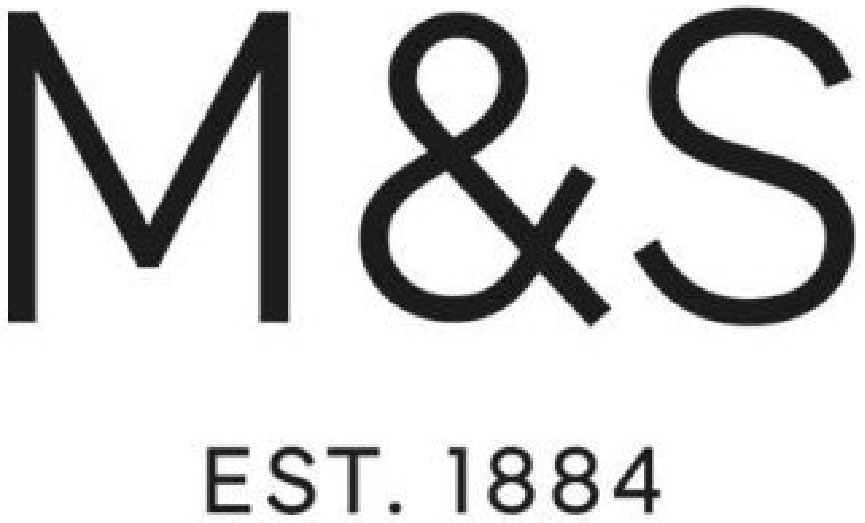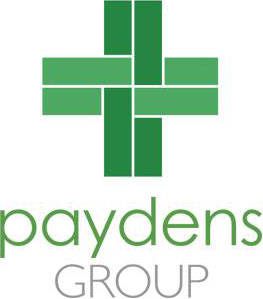As a landlord, you’re no stranger to gas safety checks, EICRs and EPCs. However, many property owners are still in the dark regarding water safety. A Legionnaires Risk Assessment is vital for all landlords, and below, we are about to explain why.
At Green Water Services, we’re here to help you understand your responsibilities around Legionella risk assessments, how to stay compliant, and, most importantly, how to keep your tenants safe.
Do Landlords Need to Worry About Legionella?
Yes. And you will definitely need to do a Legionnaires Risk Assessment. While there’s no legal requirement to obtain a ‘Legionnaires’ testing certificate’, landlords have a legal duty to assess and control the risk of Legionella bacteria in their rental properties.
A professional Legionella risk assessment isn’t mandatory under the law in England and Wales. However, it’s highly recommended and considered best practice by the Health and Safety Executive (HSE) and the government’s How to Let guide.
What Is Legionella?
Legionella is a type of bacteria that thrives in water stored between 20°C and 45°C. If inhaled in aerosol form, usually from taps, showerheads, or even garden hoses, it can cause Legionnaires’ disease, a serious and sometimes fatal form of pneumonia.
Landlords should be especially cautious if their properties have:
- Stagnant or rarely-used water outlets
- Open water tanks (standard in older buildings)
- Dead legs or redundant pipework
- Properties left empty for extended periods
- Showerheads, whirlpool baths or outdoor hoses
- Rust, scale or sludge present in tanks or pipework
Homes with combi boilers pose less risk due to constant water flow, but that doesn’t remove the need for an assessment, mainly if the property includes tanks or external systems.
Symptoms of Legionnaires’ Disease
If Legionella bacteria are present, those exposed may experience:
- High fevers
- Coughing and shortness of breath
- Headaches and muscle aches
- Nausea
People with weakened immune systems, the elderly, and those with existing respiratory conditions are most vulnerable.
What Does a Legionella Risk Assessment Involve?
A Green Water Services Legionella risk assessment is a comprehensive review of your property’s water systems, carried out by trained professionals.
Your assessment will cover:
- Identification of risks and vulnerable water systems
- Visual inspection of all outlets, tanks, pipework and flexible hoses
- Temperature checks at every tap and shower
- Limescale inspections of external taps and hoses
- Evaluation of system condition, stagnation risks and accessibility
- Clear guidance on control measures to reduce risk
You’ll receive a full written report with findings, photographs, and recommendations; ideal for your records and peace of mind.
Book your professional Legionnaires Risk Assessment today.
How Often Should Landlords Carry Out a Legionella Risk Assessment?
We recommend reviewing your property’s risk at least every two years, or:
- When a new tenancy begins
- After significant changes to the water system
- If the property has been empty for an extended period
How Long Does a Legionnaires Risk Assessment Take?
The time needed depends on the size and complexity of your property:
- A one-bed flat with a combi boiler: around 20 minutes
- A three-bed home with hot/cold tanks, garden taps and multiple bathrooms: up to one hour
Our team works efficiently to ensure minimal disruption—many assessments can be carried out without tenants needing to be present.
How Can Landlords Reduce the Risk of Legionella?
Simple preventative measures can make a big difference. We recommend:
- Flushing through systems before new tenants move in
- Weekly flushing during void periods
- Keeping hot water stored at 60°C
- Cleaning showerheads regularly
- Removing redundant pipework
- Ensuring water tanks are tightly covered and debris-free
We also advise landlords to communicate clearly with tenants, especially regarding the safe use of showers, taps, and water temperatures.
What Else Should Landlords Be Doing?
While Legionella assessments are your responsibility, don’t forget the other mandatory checks:
- Gas Safety Certificate – yearly
- Electrical Installation Condition Report (EICR) – every 5 years
- Energy Performance Certificate (EPC) – minimum rating of E
- Smoke and CO alarm checks – at the tenancy start
- How to Rent guide – must be issued at the beginning of a tenancy
Failure to meet these obligations can result in fines and invalidate your ability to serve a Section 21 notice.
Stay Compliant. Keep Your Tenants Safe.
At Green Water Services, we specialise in helping landlords across the UK stay compliant and protect their tenants. If you’re unsure whether your property needs an assessment or want expert advice from our qualified engineers, we’re just a phone call or email away.
Call us or book online today for a professional Legionella risk assessment.
Do you need more help with water hygiene, tank cleaning, or Legionella control? Our website offers a full range of landlord water cleaning services.
















